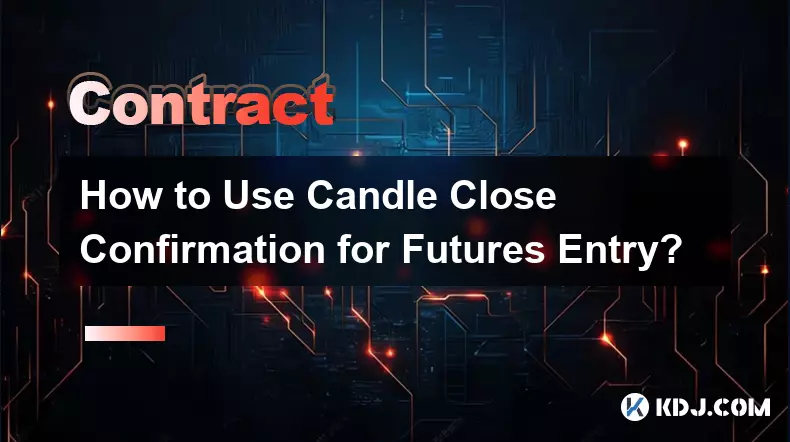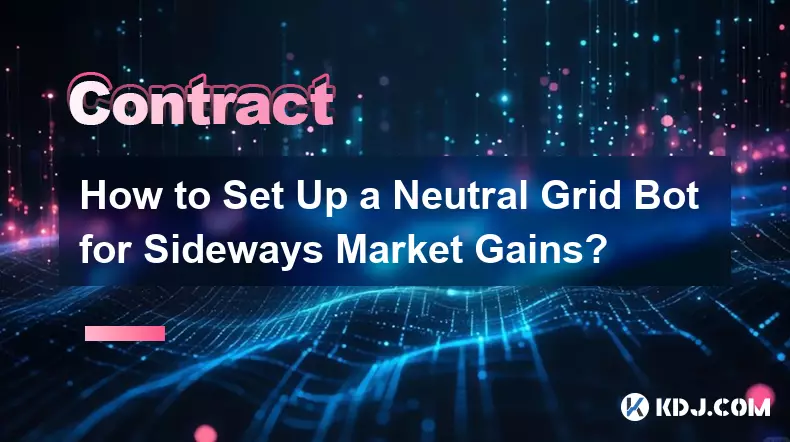-
 bitcoin
bitcoin $87959.907984 USD
1.34% -
 ethereum
ethereum $2920.497338 USD
3.04% -
 tether
tether $0.999775 USD
0.00% -
 xrp
xrp $2.237324 USD
8.12% -
 bnb
bnb $860.243768 USD
0.90% -
 solana
solana $138.089498 USD
5.43% -
 usd-coin
usd-coin $0.999807 USD
0.01% -
 tron
tron $0.272801 USD
-1.53% -
 dogecoin
dogecoin $0.150904 USD
2.96% -
 cardano
cardano $0.421635 USD
1.97% -
 hyperliquid
hyperliquid $32.152445 USD
2.23% -
 bitcoin-cash
bitcoin-cash $533.301069 USD
-1.94% -
 chainlink
chainlink $12.953417 USD
2.68% -
 unus-sed-leo
unus-sed-leo $9.535951 USD
0.73% -
 zcash
zcash $521.483386 USD
-2.87%
Poloniex contract trading rules
To begin contract trading, Poloniex traders select a trading pair (e.g., BTC/USDT), choose a contract type (perpetual or futures), set leverage, place an order (limit or market), manage their position, and close it with an opposite order to realize gains or losses.
Nov 23, 2024 at 04:58 am

Poloniex Contract Trading Rules
Poloniex is a popular cryptocurrency exchange that offers a variety of trading options, including spot trading, margin trading, and contract trading. Contract trading, also known as futures trading, allows traders to speculate on the future price of a cryptocurrency without having to own the underlying asset.
Poloniex Contract Trading RulesTo participate in contract trading on Poloniex, traders must first create an account and deposit funds into their account. Once they have funds in their account, they can begin trading contracts.
1. Choose a Trading PairThe first step is to choose a trading pair. A trading pair is a pair of cryptocurrencies that are traded against each other. For example, the BTC/USDT trading pair represents the price of Bitcoin in terms of Tether.
2. Select a Contract TypeOnce you have chosen a trading pair, you need to select a contract type. Poloniex offers two types of contracts: perpetual contracts and futures contracts.
- Perpetual contracts are contracts that do not have an expiration date. This means that traders can hold a perpetual contract for as long as they want.
- Futures contracts are contracts that have an expiration date. This means that traders must close out their futures contracts before the expiration date.
Leverage is a tool that allows traders to magnify their profits and losses. When you trade with leverage, you are essentially borrowing money from the exchange to increase the size of your trade.
4. Place an OrderOnce you have set the leverage, you can place an order. There are two types of orders that you can place: limit orders and market orders.
- Limit orders are orders that are executed at a specific price. For example, you could place a limit order to buy 1 BTC at $10,000.
- Market orders are orders that are executed at the current market price. For example, you could place a market order to buy 1 BTC at the current market price of $10,100.
Once you have placed an order, you need to manage your position. This involves monitoring the market price and adjusting your strategy as needed.
6. Close Your PositionWhen you are ready to close your position, you can do so by placing an opposite order. For example, if you bought 1 BTC at $10,000, you could close your position by selling 1 BTC at $10,100.
ConclusionContract trading on Poloniex is a powerful tool that can be used to generate profits. However, it is important to understand the risks involved before you start trading. If you are not comfortable with the risks involved, you should not trade contracts.
Disclaimer:info@kdj.com
The information provided is not trading advice. kdj.com does not assume any responsibility for any investments made based on the information provided in this article. Cryptocurrencies are highly volatile and it is highly recommended that you invest with caution after thorough research!
If you believe that the content used on this website infringes your copyright, please contact us immediately (info@kdj.com) and we will delete it promptly.
- Bitcoin Price Plummets Amid ETF Outflows and Fed Fears: A Market Reset?
- 2026-02-06 09:40:02
- MSTR Stock Plunges Amidst Bitcoin Losses: Saylor's Strategy Faces Steep Dive
- 2026-02-06 09:50:02
- SEC's Guiding Hand Meets Tokenized Securities' Tsunami: Clarity Amidst Innovation
- 2026-02-06 09:55:01
- Bitcoin Core Resignation Sparks Speculation Over Epstein Funding Links, But Facts Tell a Different Story
- 2026-02-06 06:30:01
- Shiba Inu Coin Price Prediction: Navigating the Hype and Reality
- 2026-02-06 07:20:02
- Epstein's Ghost, Satoshi's Shadow: Bitcoin's Hijacked Narrative Takes Center Stage
- 2026-02-06 07:05:01
Related knowledge

How to Manage Emotions and "Revenge Trading" in Futures?
Feb 05,2026 at 12:19am
Understanding Emotional Triggers in Futures Markets1. Market volatility directly impacts psychological states, often amplifying fear or euphoria based...

How to Use Candle Close Confirmation for Futures Entry?
Feb 05,2026 at 04:20pm
Understanding Candle Close Confirmation1. A candle close confirmation occurs when the final price of a candlestick settles beyond a predefined level, ...

How to Master "Position Sizing" to Prevent Total Account Wipeout?
Feb 06,2026 at 12:00am
Market Volatility Patterns1. Bitcoin price swings often exceed 10% within a 24-hour window during high-liquidity events such as ETF approval announcem...

How to Analyze Market Sentiment Using the Fear and Greed Index?
Feb 05,2026 at 07:40am
Understanding the Fear and Greed Index1. The Fear and Greed Index is a composite metric designed to quantify prevailing emotional states among cryptoc...

How to Secure Your Futures Account with Anti-Phishing Codes?
Feb 05,2026 at 08:40pm
Understanding Anti-Phishing Codes in Crypto Futures Trading1. Anti-phishing codes are unique alphanumeric strings generated by futures exchanges to au...

How to Set Up a Neutral Grid Bot for Sideways Market Gains?
Feb 06,2026 at 10:00am
Understanding Neutral Grid Bot Mechanics1. A neutral grid bot operates without directional bias, placing buy and sell orders at predetermined price in...

How to Manage Emotions and "Revenge Trading" in Futures?
Feb 05,2026 at 12:19am
Understanding Emotional Triggers in Futures Markets1. Market volatility directly impacts psychological states, often amplifying fear or euphoria based...

How to Use Candle Close Confirmation for Futures Entry?
Feb 05,2026 at 04:20pm
Understanding Candle Close Confirmation1. A candle close confirmation occurs when the final price of a candlestick settles beyond a predefined level, ...

How to Master "Position Sizing" to Prevent Total Account Wipeout?
Feb 06,2026 at 12:00am
Market Volatility Patterns1. Bitcoin price swings often exceed 10% within a 24-hour window during high-liquidity events such as ETF approval announcem...

How to Analyze Market Sentiment Using the Fear and Greed Index?
Feb 05,2026 at 07:40am
Understanding the Fear and Greed Index1. The Fear and Greed Index is a composite metric designed to quantify prevailing emotional states among cryptoc...

How to Secure Your Futures Account with Anti-Phishing Codes?
Feb 05,2026 at 08:40pm
Understanding Anti-Phishing Codes in Crypto Futures Trading1. Anti-phishing codes are unique alphanumeric strings generated by futures exchanges to au...

How to Set Up a Neutral Grid Bot for Sideways Market Gains?
Feb 06,2026 at 10:00am
Understanding Neutral Grid Bot Mechanics1. A neutral grid bot operates without directional bias, placing buy and sell orders at predetermined price in...
See all articles










































































